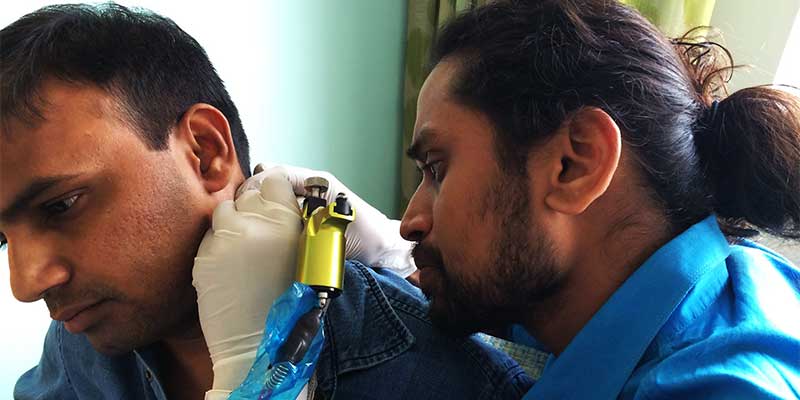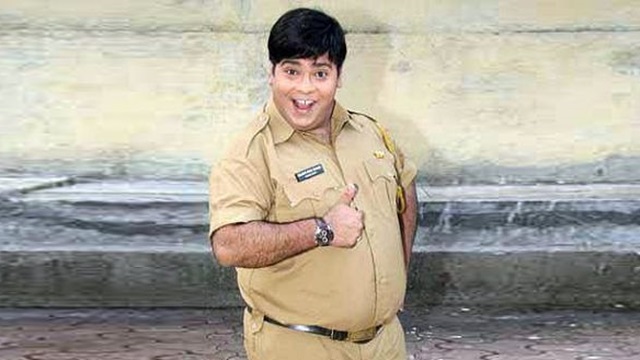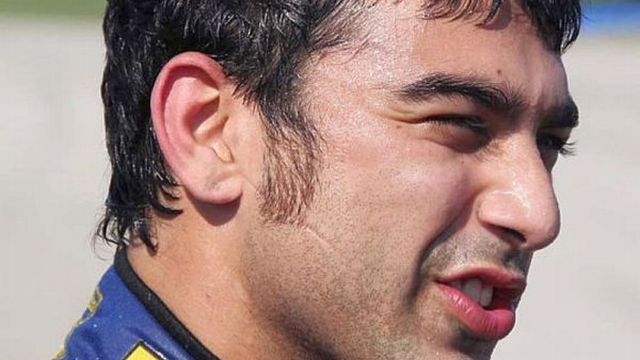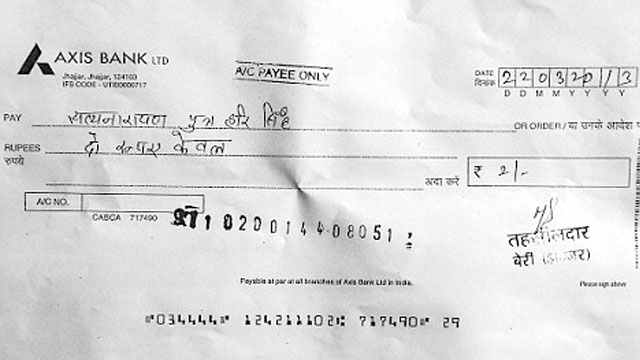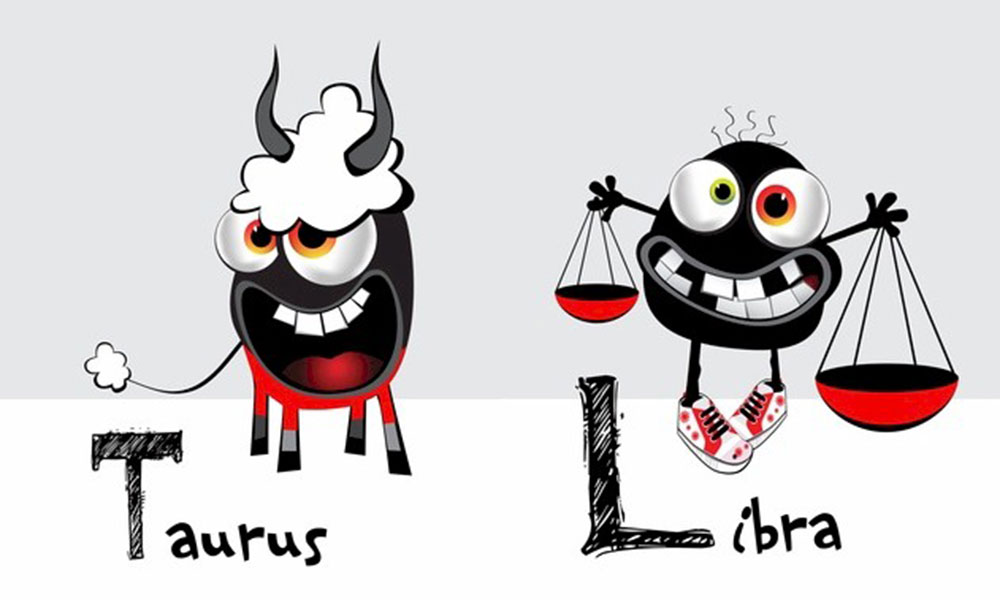How to be a tattoo artist – More than a fancy term for being crazy there is lot of structured thinking that goes behind the art of inking.
#Tattoo as an art form can be a great creative career option if explored and learnt the right way.
More than a fancy term for being crazy there is lot of structured thinking that goes behind the art of inking.
Vikas Malani – a well-established #TattooArtist in India shares insightful details on tattoo as a career option and the fact that the profession of making a permanent mark on someone’s body is not a joke.
Firstly Vikas before getting into the part of pursuing tattoo as a profession please brief us about the scope of learning the art of tattooing.
In India there is no proper learning process for this art form. We the tattoo artists are considered junkies spoiling people’s bodies. There are various social stigmas attached to us as in being rebellious, junkies, social outcasts and hell lot of negative connotations. Don’t tell me you won’t find bad people in corporate industry?
Learning tattoo therefore becomes a challenge and you need to constantly motivate yourself, convince your parents and be a visionary.
From whom did you learn this art form?
Your career is dependent on the right faculty. Sachin Tendulkar had his base set by his Guru Ramakant Achrekar.
You definitely need proper grooming.
I learnt from my mentor Lydia from Barcelona and my brother Micky Malani learnt from ‘Extreme Needles’ in London.
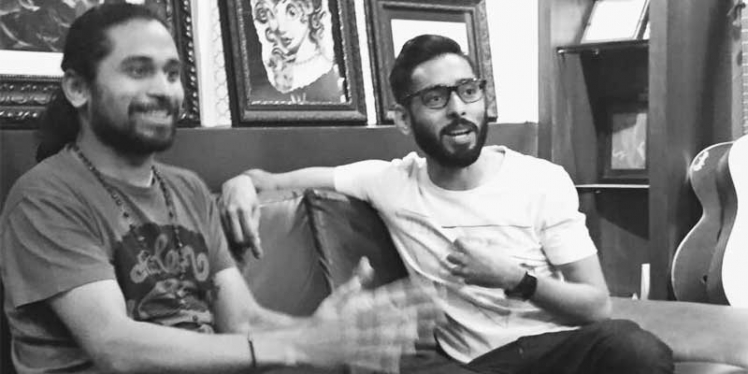
It is very important to stick with one mentor for a long time. For that, you need to go to the right person for learning.
What is the scope of learning tattoo art in India?
In India there is random learning happening. People learn from anybody. There is no system to evaluate the process of learning, no structure or module in place not even any examination system to validate the knowledge.
That is actually quite risky as this profession is quite serious almost similar to a doctor’s profession. One mistake is going to tamper someone else’s skin.
As you can’t make a dead man alive, similarly you can’t go back and erase the tattoo as the line is permanent.
Seeing the plight of the condition here, we have come up with our academy in Bandra – Tattoo Revolution India.
We have structured the process of teaching this art form keeping standards and modules in place. We have students from India as well as International students enrolling with us.
In one month, we don’t enrol more than two students.
Tattooing is quite an offbeat profession. Why or rather how did you get into this profession?
I was always more inclined to art. I used to make rough sketches right from school days. I had a passion for sketching. Dad didn’t support my talent and never thought I would or rather should ever become an artist.
It was a painting competition in college that opened the door of tattooing for me.
Painting competition led you to tattooing?
Yes and this is my advice to all the youngsters out there to participate in as many competitions as possible when you are young in college. That is the best way to explore the hidden talent.
At an early age you need to know about the talent within yourself. There is no point realising it after 40 or 50years old.
When the clay is new, you can mould it the way you want. At a young age, you may be confused or unaware of what you want to pursue in life. It is important that you participate and understand what your real passion is.
So yes like every other youngster, my passion of pursuing tattoo was by chance.
I was in Sophia College studying commerce and economics where the college cultural committee member pushed me to participate in the painting competition and I even ended up bagging the prize.
So when people there saw my sketches they asked me to volunteer for temporary tattoos in an AIDS awareness drive.
So that way you started doing permanent tattoos?
No you need thorough training first to pursue tattoo as a profession. This profession is very similar to a doctor’s profession.
Practice on fake skin as much as possible before inking a permanent mark on someone.
It is like a doctor entering the operation theatre; if he/ she isn’t confident then someone’s life is at stake.
Similarly, any amateur tattoo artist should first try to perfect his skill set on fake skin…a synthetic artificial skin.
You have to have that perfection.
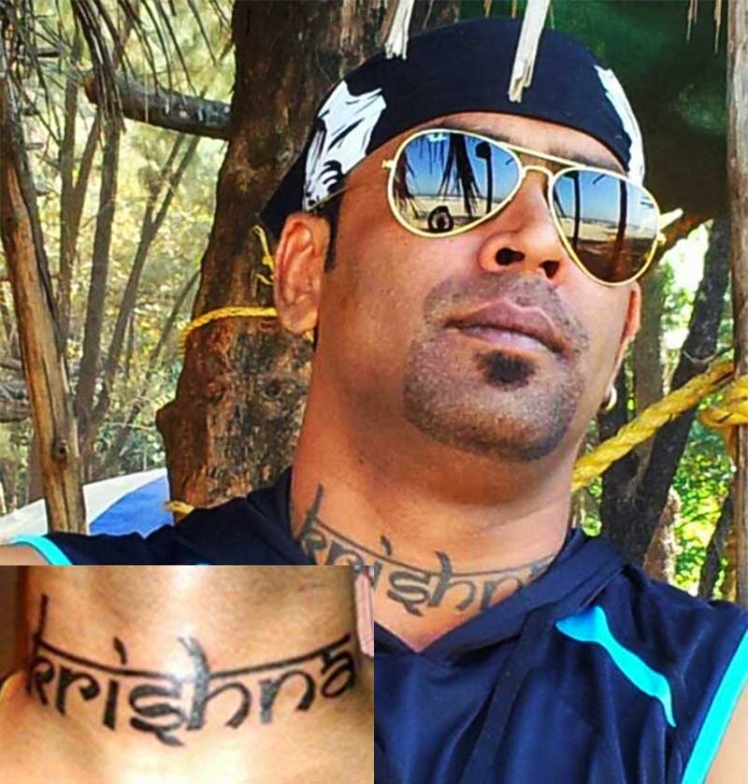
Didn’t you feel nervous at all while doing this? Any advice on how to tackle the mental nervousness before making a tattoo like this one.
No nervousness. I wasn’t nervous at all.
As I said before practice on fake skin and become fully confident and then ink on someone.
You need to know the nature of your job. Never take up a job of making a tattoo if you aren’t 100% confident.
Any message you have for the Govt. of India on how this art form can be promoted…
In abroad to open a tattoo studio you need five to six licences.
Here people are opening tattoo studios like paan beedi shops.
In India you don’t need a single license to open a tattoo studio. Imagine people experimenting with needle without proper licensing.
Health Ministry should come forward and make awareness drives on safe tattooing. The studios should be examined for proper facilities. A panel of medical team should come to inspect the tattoo studios every 6 months.
Also in the education sector my message to the HRD Minister:
Include tattoo as a subject in art colleges.
Govt. certified institutes for courses in tattoo would also induce secured feeling amongst the parents of the young talents eager to pursue this as a profession. No parent would want his or her kids to take up something that is considered junkie, right?
What is the scope of this art form 5 yrs down the line in India?
Our country has lot of sentiments and meaning changes with any small thing. A person may just make a tattoo but might never realise if it is hurting someone’s religious sentiments or any sentiment for that matter.
People get offended and that is when the art of tattoo gets dirty.
Also another big challenge is the technology India lacks. Govt. should step forward and help with proper facilities but firstly put a structure in place to authenticate the tattoo artists and help this art form to be pursued as a profession.

